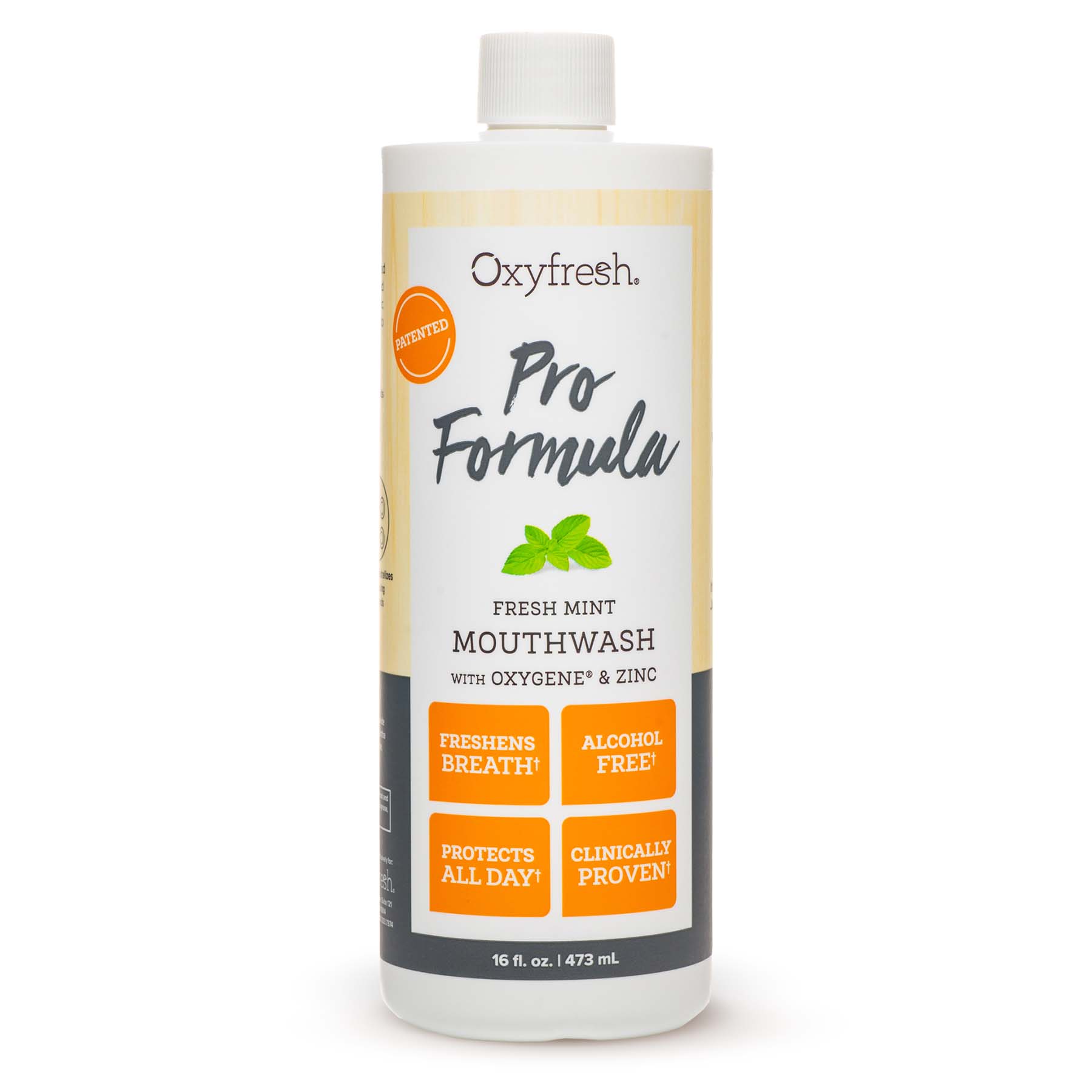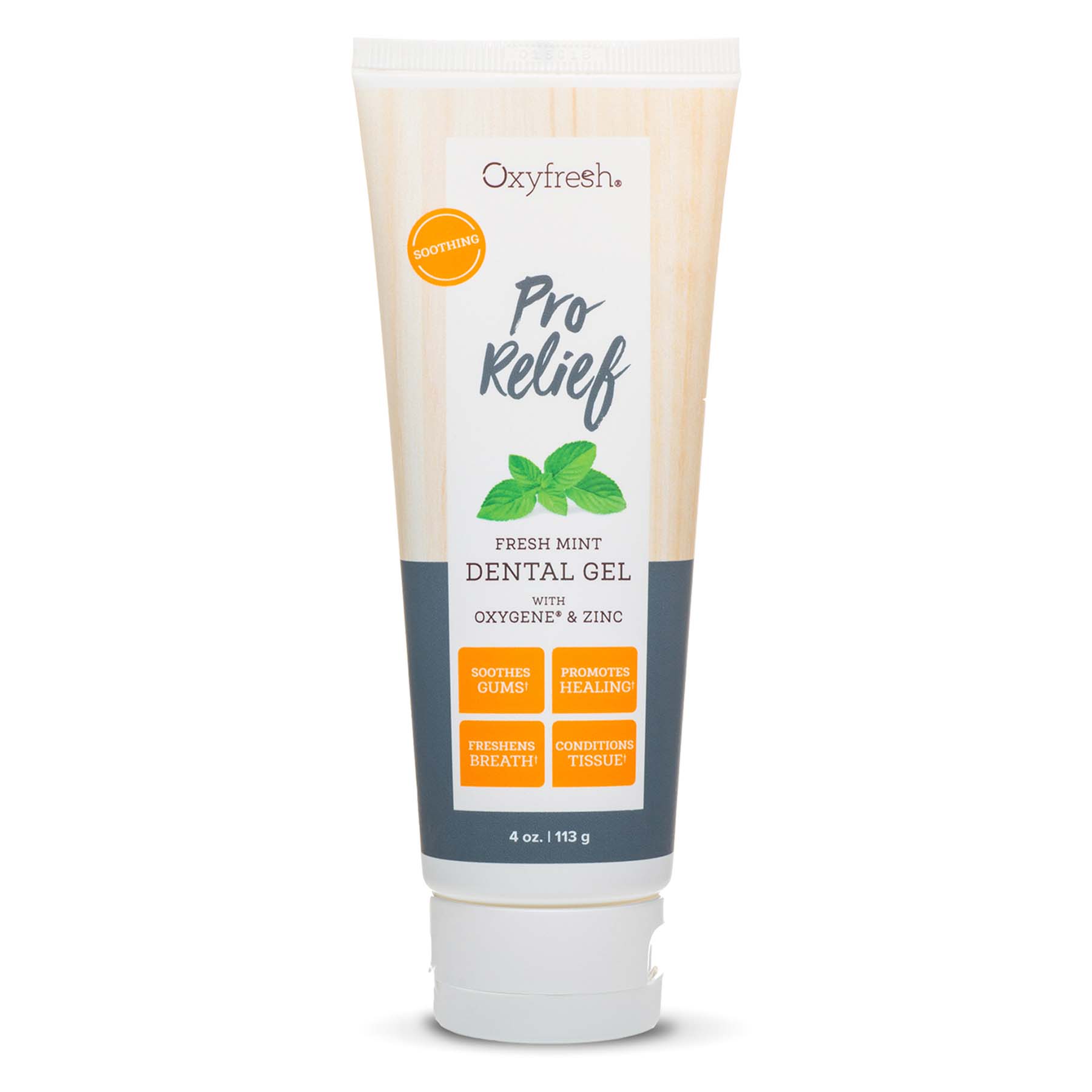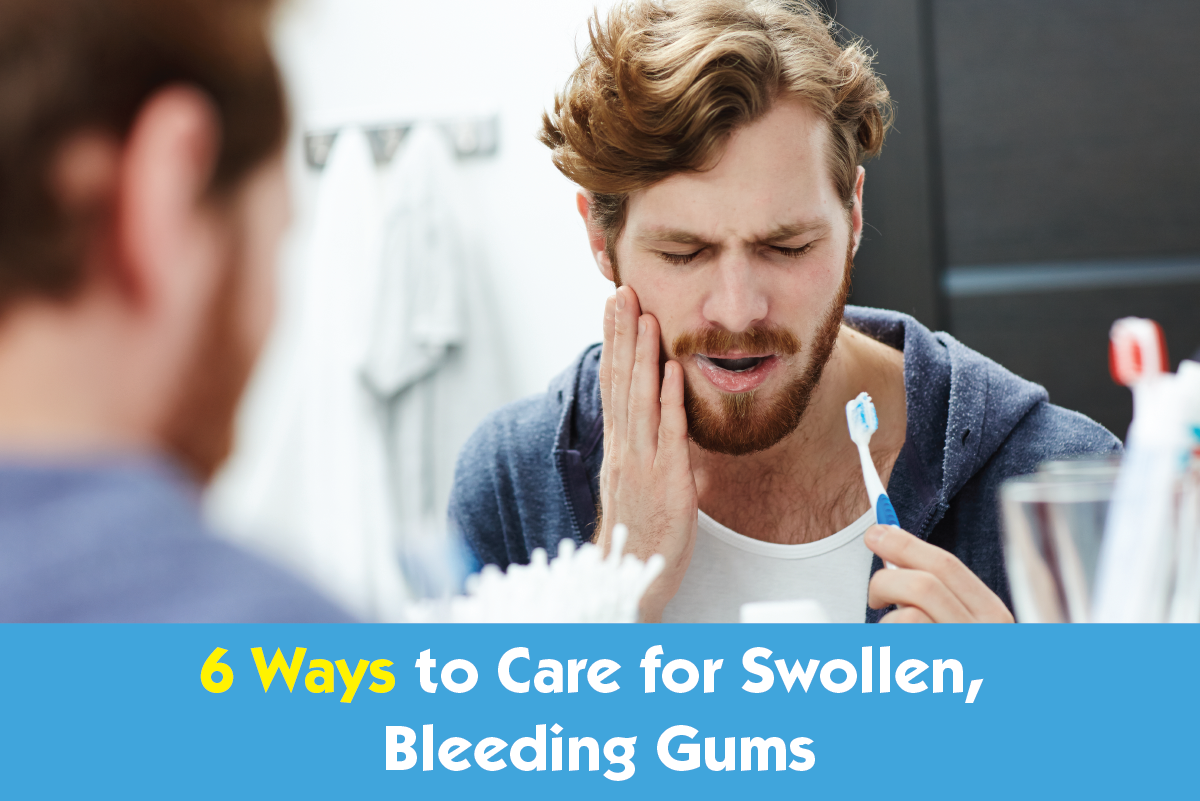Toothaches can arise for a number of reasons and can cause a considerable amount of discomfort.
According to the Merck Manual, the most common causes of toothaches include dental caries and abscesses.
In addition to identifying ten common causes of tooth pains, the following list offers a variety of soothing options for dental pain relief. Moreover, proper oral hygiene and preventive care are imperative to oral well being.
1. Tooth Decay
Researchers have identified tooth decay as the leading cause of toothaches. 92% of adults report having dental caries, or cavities, in their adult teeth. The facts demonstrate that toothaches are no joke!
Decay that has penetrated the enamel and worked its way into the soft, inner layer of the tooth can cause significant pain and discomfort.
While a toothache is the most common symptom of decay, you may also notice darks spots, sore gums, bad breath, or holes in dental enamel.
2. Misaligned Teeth
Misaligned teeth may be the cause of persistent mouth pain. Teeth that disrupt a standard bite or that rub up against other teeth or gums may be the source of your agony.
If you suspect an aligned issue, speak with your dentist or an orthodontist. Braces, retainers, and surgery are popular medical procedures for misaligned teeth.
3. Incorrect Oral Hygiene
It is well known that daily brushing and flossing can reduce dental issues, but what if you aren’t doing it correctly?
Proper brushing doesn’t involve excessive force. In fact, the American Dental Association recommends using soft bristle brushes only. Too much pressure can lead to irreversible gum recession.
Getting down a proper flossing technique can be difficult too. Remember, the goal is to remove hard to reach plaque. Be gentle and take your time to avoid inflaming your gums.
4. Temperature Sensitivity
Tooth sensitivity is the worse! Worn enamel bares dentin, or the soft, inner layer of the tooth. Below that, the highly sensitive root becomes far more susceptible to heat, cold, and pressure.
As recommended by the American Dental Association, brushing with a fluoride-enriched toothpaste can help strengthen and even restore damaged enamel.
5. Dental Abscess
Dental abscesses are infections that can occur in the gums or teeth. Infections can spread to other parts of the body and should be treated by a professional.
Infections are a great reason why dental pain should not be ignored.
6. Grinding
Some people unknowingly grind their teeth at night or even during stress-inducing situations. This action puts extra stress on teeth, gums, and jaw. Oftentimes, this results in chipped teeth or oral pain.
Dentists often recommend or even construct specialized mouth guards to reduce the strain brought on by this habitual chewing.
7. Failed Dental Work
Perhaps you’re up-to-date on cleanings, x-rays, and dental examinations, maintain an efficient hygiene routine and experience a sudden onset of tooth pain.
This may be the result of the deterioration of dental work.
Did you know that amalgam, or metal, fillings only last for 12 years? Even worse, composite fillings are only intended to work for five.
A loose, chipped, or lost filling or sealant can reveal the sensitive infrastructure of the tooth and result in a sudden increase in oral sensitivity.
8. Chipped Tooth
Teeth are strong, but they are not invincible. You can chip your tooth while eating, playing sports, or by biting down too hard.
Do your best to avoid hard, sticky candies and foods and always wear protective gear and mouth guards when playing close contact sports.
If you suspect that you have chipped your tooth, see a dental professional as soon as possible.
9. Gum Disease
Healthy gums are imperative to dental health. Nevertheless, the NIDCR, or National Institute of Dental and Cranial Research, estimates that the majority of U.S. citizens have some form of gum disease.
Sore, swollen, or bloody gums are just a few signs that you may be experiencing this common disease.
10. Wisdom Teeth
Wisdom teeth typically erupt or are removed during late adolescence.
That being said, impacted wisdom teeth, or those that do not erupt, can disrupt other molars or even become infected below the surface of the gum.
This can result is severe pain. While wisdom teeth should be dealt with early on, it is important to speak with a dental professional if you suspect your wisdom teeth are causing you pain.
Tooth Pain Relief

The good news is there are a number of simple steps you can take to help sooth aching teeth. Nevertheless, proper medical attention and diagnosis are crucial.
- A warm salt-water rinse can help to reduce pain by freeing up food and debris from dental crevices. It can also help to eliminate stagnant bacteria. Since both water and salt are abundant, cheap, and all natural, it can’t hurt to give it a try.
- Hydrogen Peroxide is another readily available and inexpensive rinse agent. A medicine cabinet staple, hydrogen peroxide is skilled in fighting off harmful bacteria.
- If you’re waiting on next day dental service and need something to ease the pain while you wait, try placing a warm or cold compress on the outside of your cheek. This will help to numb the area in pain, but it won’t solve the problem completely.
- Peppermint oil is well known as a natural painkiller and muscle relaxer. It possesses antibacterial properties that can help with infections and persistent oral bacteria. You can steep some organic peppermint leaves or a peppermint tea bag, allow the mint to cool, and apply it to the painful surface.
While these methods help to reduce pain, a dentist can offer invaluable insight!
 |
Oxyfresh’s Pro Formula Cosmetic Toothpaste is a gentle, low abrasion formula. It's gentle on enamel and lacks harsh chemical additives. |







